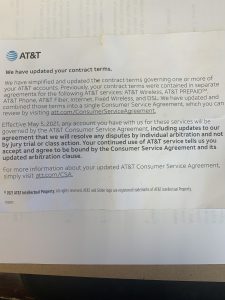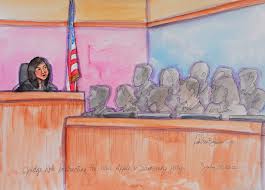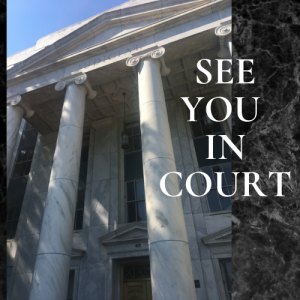

July 1 always welcomes in the new laws passed by the Legislature in the last Legislative session. Tomorrow Georgia will have several new laws that go into effect, many of which you may not be aware.
The first you should know about is “Joshua’s Law,” codified at O.C.G.A. § 40-5-10. The genesis of this law is the untimely and unnecessary death of Joshua Brown, son of LuGina and Alan Brown back on July 1, 2003. It is ironic that the law in his name goes into effect on the 18th anniversary of Joshua’s death. I had the distinct honor of representing LuGina and Alan in a successful wrongful death lawsuit in Fulton County against the Georgia Department of Transportation. We tried that case to a jury and settled it on the last day of trial. Joshua then was 18 years old at the time of his death. He had been admitted to the Berklee School of Music and wanted to be a musician. I can remember when LuGina testified she talked about visiting Berklee with Joshua and when she saw the campus and all the students walking around she saw “a hundred little Joshuas.” I have never forgotten that moment in trial. It was so moving. Our lawsuit involved the negligent maintenance of the road Joshua was on when he lost control of his truck due to hydroplaning, ran off a steep, unprotected hillside and crashed into a tree. The Browns immediately threw their grief into action by creating “Joshua’s Law” and began lobbying the Georgia General Assembly for passage of the law that would mandate driver education in every high school in Georgia. The Browns were the recipients of the Georgia Trial Lawyers Association’s Courageous Pursuit of Justice Award for their relentless pursuit of justice against the Georgia Department of Transportation and for the creation of the new law “Joshua’s Law.” The substance of the new law is as follows:
 Atlanta Injury Lawyer Blog
Atlanta Injury Lawyer Blog





















